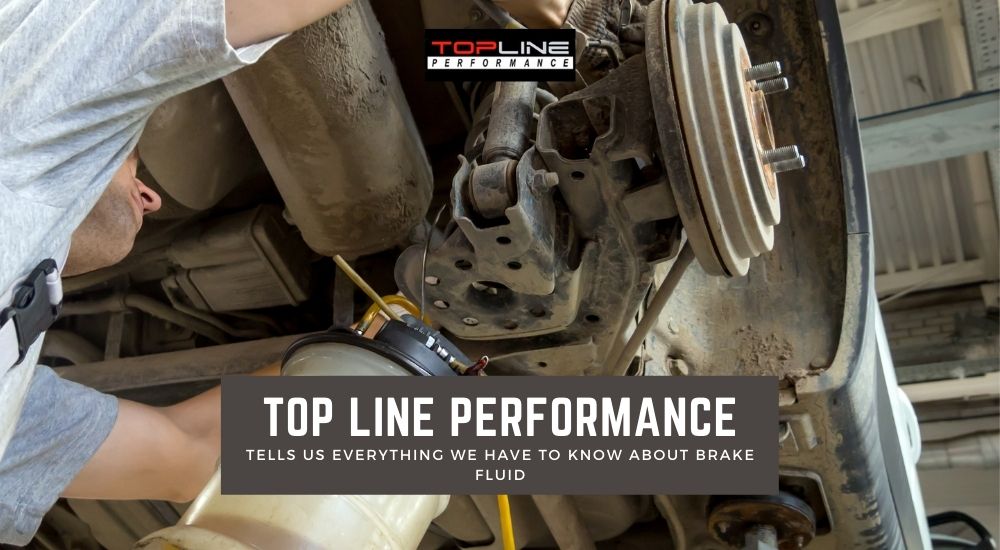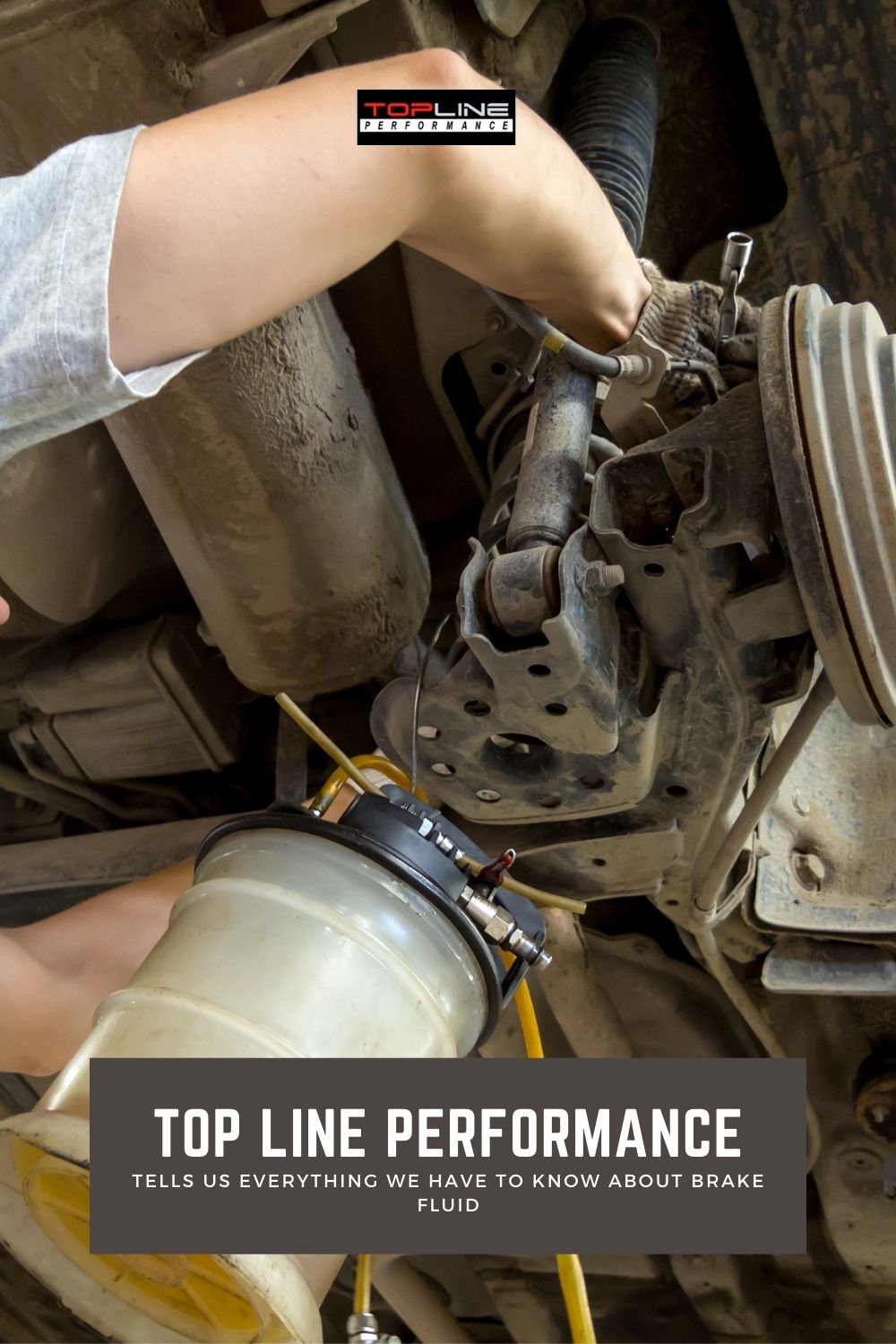Most people agree that a car's brakes are crucial, and they're absolutely right. Top Line Performance, an auto repair shop in Huntington Beach, California, knows just how essential brake fluid is for keeping your car's braking system running smoothly. It's the lifeblood of your brakes, enabling them to work effectively.   Brake fluid is a hydraulic liquid that plays a key role in your vehicle's braking mechanism. When you press the brake pedal, the brake fluid transfers the pressure to the brake pads, causing them to clamp down on the rotors and bring your car to a halt. Beyond acting as a lubricant, brake fluid also prevents corrosion within the braking system, ensuring everything functions correctly. It's a critical component that keeps your vehicle safe and reliable.   While moisture intrusion used to be a significant concern for brake fluid, modern advancements have largely eliminated this issue. Nowadays, the real challenges come from the degradation of the additive package within the fluid. These additives, such as corrosion inhibitors, anti-wear compounds, and viscosity stabilizers, degrade over time due to factors like frequent braking, extreme temperatures, and poor quality fluid. Once the additive package breaks down, corrosion and sludge buildup can occur, potentially damaging internal components.   The brake fluid itself doesn't corrode, but the additives within it play a vital role in preventing corrosion. When these additives wear out or break down, the brake system becomes vulnerable to rust and corrosion, especially in the hydraulic parts. This can lead to costly repairs if left unchecked. It's crucial to keep an eye on your brake fluid's condition to avoid such issues.   Manufacturers mix specific additives into brake fluid to enhance its performance. These typically include corrosion inhibitors, anti-wear agents, and viscosity stabilizers. Over time, as your vehicle accumulates mileage, these additives degrade, leading to potential problems. When this happens, it's advisable to seek professional assistance from auto repair shops in Huntington Beach to address any concerns before they escalate into major issues.    Over time, brake fluid can absorb moisture from the environment, compromising its effectiveness. To maintain optimal braking performance, it's recommended to flush and replace the fluid regularly—typically every one to two years. Always consult your car's owner manual for specific guidelines tailored to your vehicle. If you're uncertain about the ideal interval or encounter any warning signs, don't hesitate to reach out to reputable auto repair shops in Huntington Beach, like Top Line Performance, for expert advice and service.   There are plenty of misconceptions surrounding brake fluid. Let's clarify some of the most prevalent ones:   Not true. While moisture can affect brake fluid, the primary concern is the depletion of the additive package. Modern brake hose technology has largely mitigated moisture-related issues.   False. Brake fluid should be changed when the copper content exceeds 200 PPM. Doing so restores the protective properties of the fluid.   Incorrect. Simply replacing the master cylinder fluid doesn't eliminate enough old fluid to fully benefit from a fresh additive package.   Wrong. During a brake fluid flush, most of the old fluid is removed by draining it from both the master cylinder and all four wheels, following the manufacturer's instructions.   Untrue. If the ABS system blocks fluid flow, specialized tools can be used to activate the system while adding fresh fluid, ensuring compatibility.   Maintaining your vehicle's brake system is crucial for your safety and peace of mind. If you notice any unusual noises, vibrations, or reduced responsiveness when braking, it might be time to visit an experienced mechanic. At Top Line Performance, our team is dedicated to ensuring your brakes remain in top condition. We offer comprehensive brake inspections and services tailored to meet your needs. Don't wait until it's too late—contact us today to schedule an appointment and keep your ride secure. CNC Machining,Customized aluminum alloy automobile castings,aluminum part castings fabrication,CNC stainless steel machined parts Dongguan Shangen Precision Metal Plate Co., Ltd. , https://www.shangenmetal.com
Understanding Brake Fluid: A Guide From An Auto Repair Shop In Huntington Beach, CA
Common Brake Fluid Issues To Look Out For
What Causes Brake Fluid Corrosion?
The Role Of Brake Fluid Additive Packages
Factors That Can Accelerate Additive Breakdown:
How Often Should You Replace Your Brake Fluid?
Debunking Common Brake Fluid Myths
Myth No. 1: Moisture Is The Primary Problem With Old Brake Fluid.
Myth No. 2: You Never Need To Change Brake Fluid.
Myth No. 3: Changing Only The Master Cylinder Fluid Ensures Freshness Throughout The System.
Myth No. 4: You Cannot Remove More Than Half The Brake Fluid In A System.
Myth No. 5: Your ABS System Will Malfunction After A Brake Fluid Exchange.
